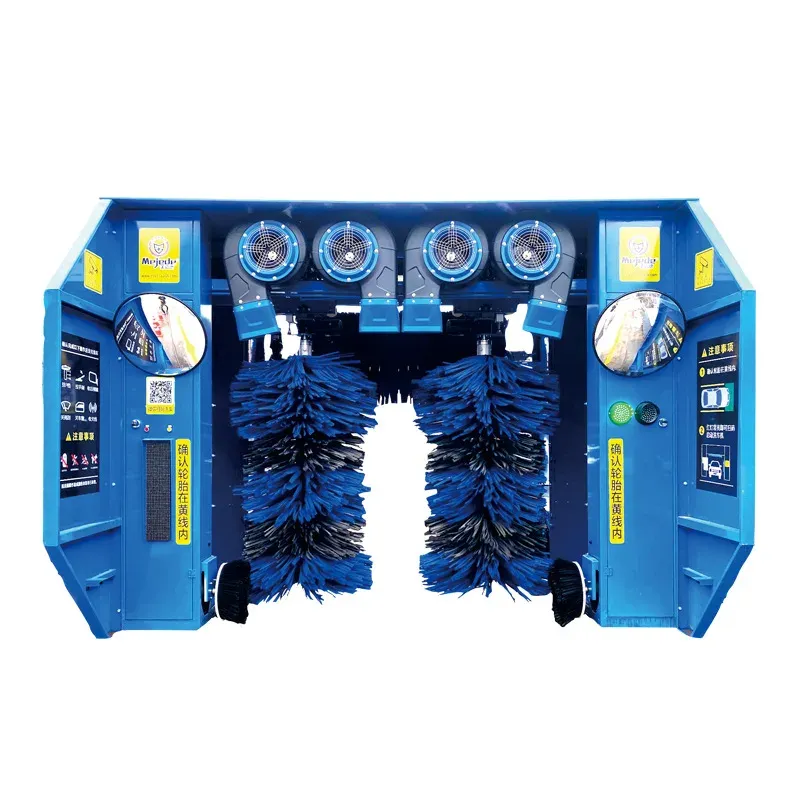
- Afrikaans
- Albanian
- Amharic
- Arabic
- Armenian
- Azerbaijani
- Basque
- Belarusian
- Bengali
- Bosnian
- Bulgarian
- Catalan
- Cebuano
- Corsican
- Croatian
- Czech
- Danish
- Dutch
- English
- Esperanto
- Estonian
- Finnish
- French
- Frisian
- Galician
- Georgian
- German
- Greek
- Gujarati
- Haitian Creole
- hausa
- hawaiian
- Hebrew
- Hindi
- Miao
- Hungarian
- Icelandic
- igbo
- Indonesian
- irish
- Italian
- Japanese
- Javanese
- Kannada
- kazakh
- Khmer
- Rwandese
- Korean
- Kurdish
- Kyrgyz
- Lao
- Latin
- Latvian
- Lithuanian
- Luxembourgish
- Macedonian
- Malgashi
- Malay
- Malayalam
- Maltese
- Maori
- Marathi
- Mongolian
- Myanmar
- Nepali
- Norwegian
- Norwegian
- Occitan
- Pashto
- Persian
- Polish
- Portuguese
- Punjabi
- Romanian
- Russian
- Samoan
- Scottish Gaelic
- Serbian
- Sesotho
- Shona
- Sindhi
- Sinhala
- Slovak
- Slovenian
- Somali
- Spanish
- Sundanese
- Swahili
- Swedish
- Tagalog
- Tajik
- Tamil
- Tatar
- Telugu
- Thai
- Turkish
- Turkmen
- Ukrainian
- Urdu
- Uighur
- Uzbek
- Vietnamese
- Welsh
- Bantu
- Yiddish
- Yoruba
truck washer
The Importance of Truck Washers in the Transportation Industry
In the bustling world of logistics and transportation, the integrity of vehicles plays a pivotal role in ensuring efficient and safe delivery of goods. Among the essential maintenance practices for heavy-duty vehicles, the role of truck washers stands out. Truck washing is not merely about aesthetics; it has significant implications for vehicle longevity, compliance with regulations, and overall operational efficiency.
The Role of Truck Washers
Truck washers are specialized facilities or services designed to clean commercial trucks, trailers, and other heavy vehicles. They use advanced equipment and techniques to remove dirt, grime, grease, and other contaminants that accumulate during long hauls. Regular cleaning is crucial as it affects a truck’s performance and appearance.
The vehicle’s exterior is often exposed to harsh elements, from mud and road salt to industrial pollutants. Without regular washing, accumulated dirt can lead to corrosion and damage to the paint, which might necessitate costly repairs and reduce the lifespan of the vehicle. Furthermore, a clean truck is more fuel-efficient; sticky substances and grime can create drag, leading to increased fuel consumption.
Compliance with Regulations
Apart from maintenance and operational benefits, truck washing is essential for compliance with environmental regulations. Many cities and states have specific guidelines on vehicle cleanliness, especially when it comes to hazardous materials. Ensuring that trucks are clean helps in minimizing the risk of contamination to the roads and infrastructure, which can have severe legal implications for trucking companies.
Additionally, industries such as food and pharmaceuticals have stringent cleanliness standards that must be met. This not only prevents cross-contamination but also upholds the integrity of the supply chain. A truck that is regularly washed showcases the company’s commitment to quality and compliance, fostering trust among clients and partners.
The Process of Truck Washing
truck washer

Typically, the truck washing process involves several steps. Initially, the trucks are inspected to assess the level of dirt and any specific areas that require attention. Some services use automatic truck wash systems that deploy high-pressure water jets and specialized brushes to clean the vehicles efficiently. Others may rely on manual cleaning for a more thorough approach, especially in hard-to-reach areas.
The use of eco-friendly cleaning agents has become increasingly popular, as these products minimize environmental impact while still delivering effective results. In addition to cleaning the exterior, many truck washing facilities also provide services for cleaning the undercarriage, which is crucial in preventing rust and damage due to road salt and debris.
The Economic Impact of Clean Trucks
Investing in regular truck washing can significantly affect a company’s bottom line. Clean fleets have lower repair costs and improved fuel efficiency, leading to reduced operational expenses. Moreover, a fleet of clean trucks often projects a professional image, which can attract new customers and retain existing ones.
Many trucking companies have realized that their image is directly linked to their maintenance practices. Potential clients may judge the reliability of a service by the appearance of its fleet. A well-maintained and clean truck enhances brand reputation and can be a decisive factor for clients when choosing a transportation partner.
Conclusion
In a highly competitive industry, the importance of truck washers cannot be overstated. They not only ensure the maintenance and longevity of the vehicles but also contribute to compliance with regulatory standards and enhance a company’s reputation. As sustainability continues to gain prominence, the industry can also look forward to innovations in eco-friendly cleaning solutions that will make the truck washing process more efficient and environmentally friendly.
In summary, regular truck washing is an indispensable practice for any serious player in the transportation industry. It combines functionality, compliance, and business acumen, leading to a cleaner, safer, and more efficient operation.
-
Integrating Aqua Tunnel Car Wash in Shopping CentersNewsJun.24,2025
-
Gas Station with an Auto Car Wash MachineNewsJun.24,2025
-
Efficiency in Your Aqua Tunnel Car Wash: Power & Water-SavingNewsJun.24,2025
-
Car Wash Business with Advanced Auto Car Cleaning MachinesNewsJun.24,2025
-
Balancing Setup Costs with Aqua Tunnel Car WashNewsJun.24,2025
-
Aqua Tunnel Car Wash: Eco-Design for the Energy-Savvy EntrepreneurNewsJun.24,2025



